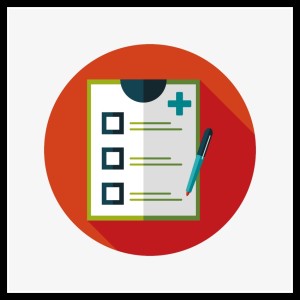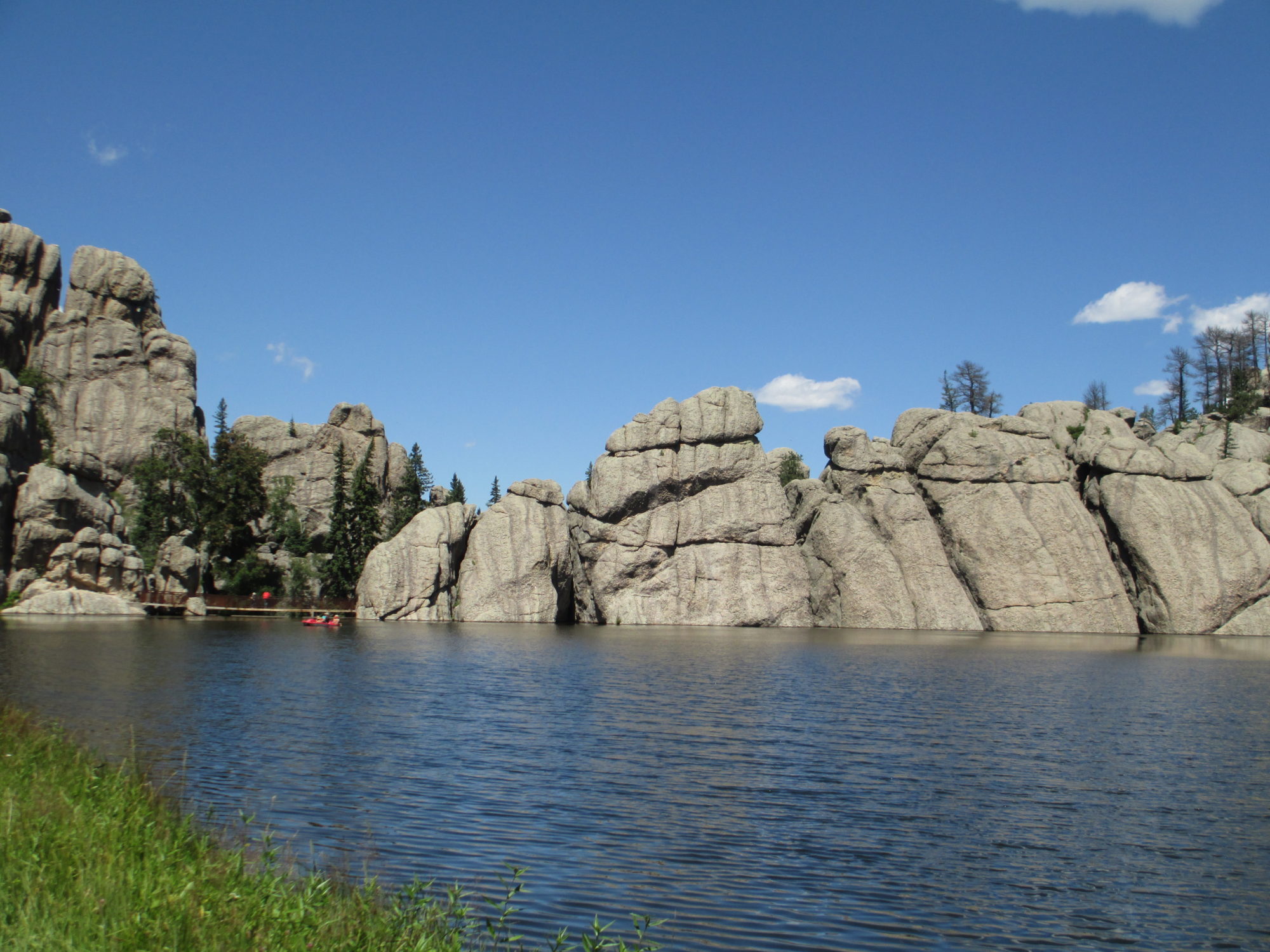 In every Reiki class that I teach, I say, “We [Reiki Practitioners] don’t diagnose.” It’s an important directive to keep in mind because when we practice Reiki we often notice things about a client’s physical or emotional state. For instance, we may notice that a lot of energy is drawn in at the crown of the head, or that very little energy seems to be drawn in at the stomach, or that the breath deepened when our hands were in the heart region, or that the client was holding a lot of anger or grief inside. Also, a client may ask us at the end of a Reiki session, “What did you notice?” There is a temptation to draw conclusions and make recommendations based on what we sensed and our experience as practitioners. However, it is important not to diagnose for three reasons.
In every Reiki class that I teach, I say, “We [Reiki Practitioners] don’t diagnose.” It’s an important directive to keep in mind because when we practice Reiki we often notice things about a client’s physical or emotional state. For instance, we may notice that a lot of energy is drawn in at the crown of the head, or that very little energy seems to be drawn in at the stomach, or that the breath deepened when our hands were in the heart region, or that the client was holding a lot of anger or grief inside. Also, a client may ask us at the end of a Reiki session, “What did you notice?” There is a temptation to draw conclusions and make recommendations based on what we sensed and our experience as practitioners. However, it is important not to diagnose for three reasons.
- Most of us are not medical practitioners and we are not licensed to provide a diagnosis. This is a legal issue and we must operate within the realm of our profession.
- When energy is drawn strongly or weakly in a region of the body it does not mean that there is good health or bad health in that area. We really don’t know. All we know is that a lot of energy was (or was not) moving in that area.
- It is much more powerful for a client to come to the diagnosis him/herself. To get there, I often ask the recipient, “What did you feel? What did you notice?” Sometimes I’ll offer in response, “I noticed that too,” but I always follow the client’s lead.
All of these reasons are important, but I think the third reason is really powerful and potentially extremely radical. Imagine if we were the masters of our own bodies — of our own physical experiences. Imagine if we did not seek the wisdom from others who “know” but, rather we go inside and find that wisdom ourselves. If we listened to our intuition and tuned into the richness of our inner lives, I believe, we would find the answers we seek.
I often say, “You live in your body. Your doctor does not. You are the expert on your own experiences. The doctor is an expert on the experiences of a sample of bodies that lived at a unique period of time and agreed to a particular medical study. He or she is not an expert on your unique experience. Only you can be.” I believe this can be a radical and empowering perspective. What if I know what’s best for me and act on it and I don’t seek that from someone else? What choices will I make while I’m healthy and when I’m in the midst of an illness if I’m the expert on my own health?
The stopping point for many people in this journey is at the beginning. They want a diagnosis. They want a name to put on the sensations in their body. They want an identity for their physical selves and their experience that makes them, perhaps, not quite so alone. “Ah, other people feel this. Other people experience this pain and this is what they have done to cope with it. So, then, that’s what I will do too.” It takes the responsibility away from the individual and moves it to someone else. Now an expert provides the “truth” about your body and determines the path to your remedy. Sometimes this works perfectly and there is no reason to even question this approach. However, there are plenty of times when the remedy doesn’t work and we’re left searching for something else.
Perhaps, if we had started off with seeking our diagnosis within ourselves, we would come up with a customized approach that would take into account our unique body and how we live in it. With this remedy just for me, we could create an excellent health experience and make sure it is customized for this unique body that lives this unique life. It’s not to say we don’t benefit from other people’s experiences, rather we blend the potion with the proper dash of “us” to make it work.
What do you think? Could you live in a world where you’re the diagnostician for your own health? What would it look like? How would it be beneficial for you? Please share your experiences and thoughts in the comments below.
